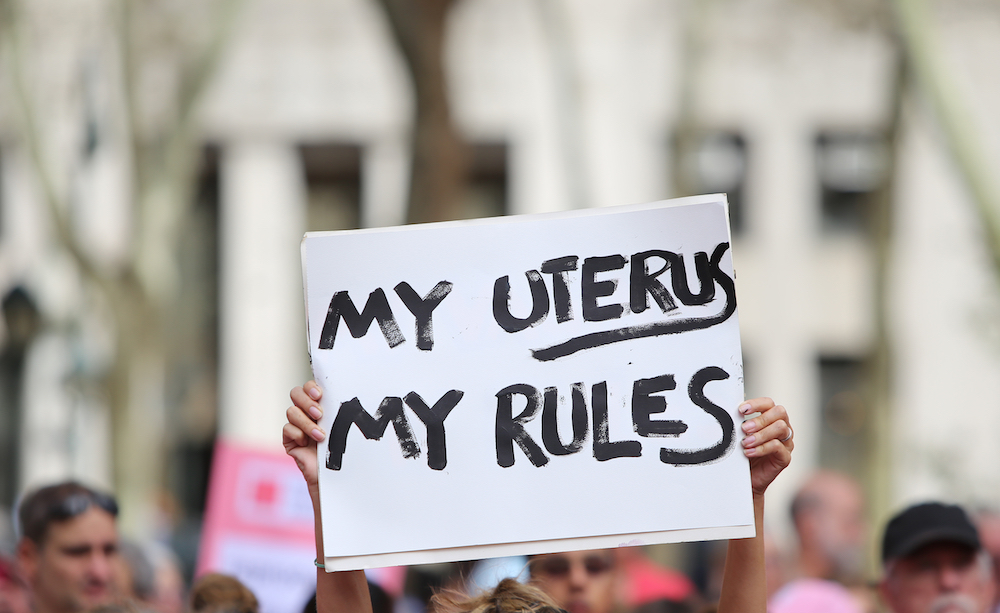New Texas Bill Causing Devastating Setbacks to Reproductive Rights
September 1, 2021, marks the day Bill 8 in Texas comes into effect. Bill 8, also known as the “fetal heartbeat bill,” was passed banning abortions once a heartbeat is detected, usually after six weeks of being pregnant. This is also before most women find out they are pregnant.
Bill 8 was decided in May and subject to take action on September 1. The Supreme Court did not act on the urgent request to stop the law by midnight August 31. In turn, all court challenges going against the policy were dismissed.
Now, #SB8 is in effect and, come morning, anyone in Texas — other than a gov’t official — can go to court to sue anyone who even *intends* to *help* a person get an abortion after six weeks.
— Chris Geidner (@chrisgeidner) September 1, 2021
Absent a ruling before morning stopping it, this is what the Supreme Court has done.
Moreover, Bill 8 prevents abortion providers from fighting back lawsuits. The bill forces abortion clinics to close their organizations and face high expenses for fighting cases in court. Bill 8 is the most strict abortion ban because there is no exception for pregnancies resulting from rape or incest.
Furthermore, law enforcement is not needed to enforce the bill. Instead, private citizens will act as the enforcers with lawsuits, adding up to $10,000. These lawsuits require no connection to those they are suing. The bill allows any private citizen to sue any abortion organization and the people helping others receive the procedure. In short, nurses, counselors, abortion-fund volunteers, supportive family members, and friends of the patient are at risk of being sued. Unfortunately, the bill was created so that federal courts cannot shut it down.
Private individuals — including anti-abortion activists with no connection to patients — can now sue ANYONE who they believe is providing abortion or assisting someone in accessing abortion after six weeks. This could include:
— ACLU (@ACLU) September 1, 2021
▪️ Health care workers
▪️ Clergy
▪️ Rideshare drivers
Since the Supreme Court holds a majority of conservative justices, fear circulates that other red states will follow suit with Texas. However, Bill 8 runs into a policy conflict with the Supreme Court’s act prohibiting states from banning abortion before 22 and 24 weeks of pregnancy. As a result, Bill 8 reverses Roe v. Wade, a monumental decision made by the U.S. Supreme Court to protect pregnant women in their decision to have an abortion without restrictions from the government.
A statement made by Biden explained, “The Texas law will significantly impair women’s access to the health care they need, particularly for communities of color and individuals with low incomes.”
The next steps are petitioning against Bill 8 and supporting abortion organizations. These organizations help patients go to another state to receive the procedure or explore other safe options for care.
Spreading information on all platforms about these organizations will help women make their decision in a safe environment. For more information on ways to help, read more here.

Content Writer





